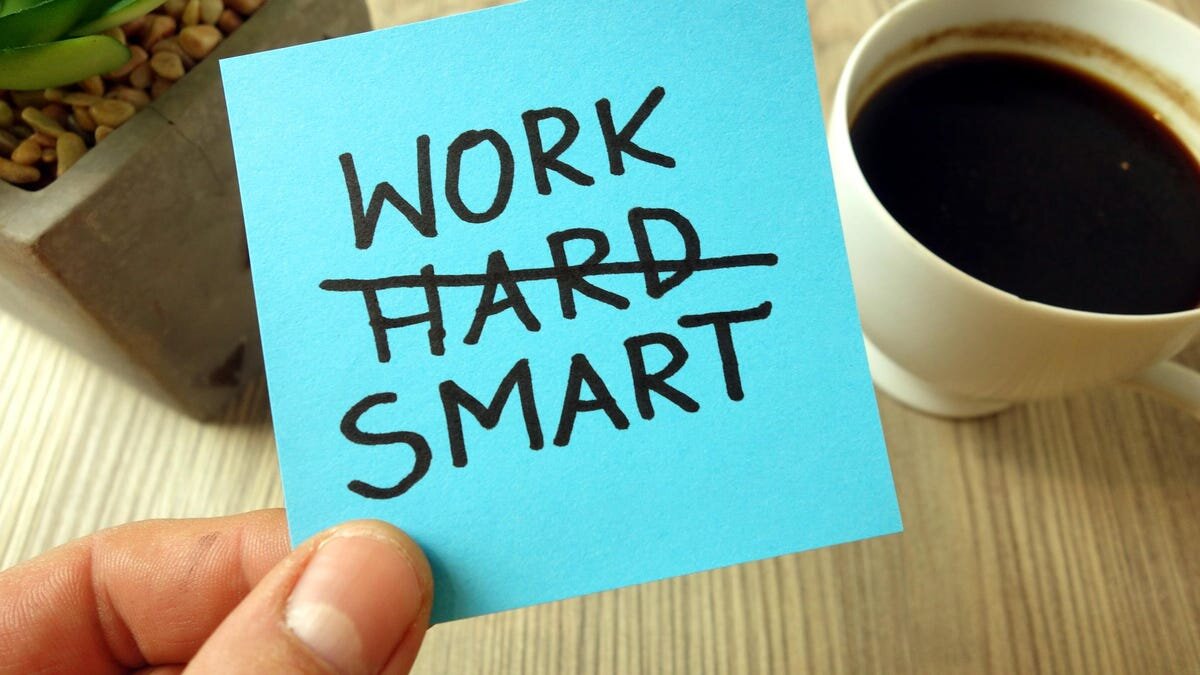5 Stress Busters To Help You Cope With Work
These stress busters were designed to help you get through the week, but first we must understand what stress is!
What is stress?
According to the NHS, stress is the body’s reaction to feeling threatened or under pressure. A minimal amount of stress could actually motivate you to complete your tasks at work a lot quicker than usual. However, an overload of stress, specifically when we feel overwhelmed, might impact your interactions, health and emotions. It can make you apprehensive and restless, as well as lower your self-confidence.
According to the HSE, the latest estimates from the Labour Force Survey (LFS) show: The total number of cases of work-related stress, depression or anxiety in 2019/20 was 828,000. This could be down to fact that in today’s evolving society, working may feel like a whole wave of emotions. You might feel distressed, exhausted and burdened by long working hours, strict schedules and ever-growing responsibilities.
How to know when you are stressed at work?
People frequently fail to spot the signs of work-related stress and instead resort to a “coping” mechanism, blaming it on being overworked and convincing themselves that they are capable of dealing with it. Some may also persuade themselves that it is only for a short period until things improve, although this is not always the reality. Workplace stress can express itself in a variety of ways, including:
- Feeling anxious, irritable, or depressed
- Apathy, loss of interest in work
- Problems sleeping
- Fatigue
- Trouble concentrating
- Muscle tension or headaches
- Stomach problems
- Social withdrawal
- Using alcohol or drugs to cope
What causes stress at work?
If not effectively handled, there are six leading factors that might contribute to work-related stress. Demands, control, support, relationships, role, and change are among them.
For example:
- Insomnia or loss of sleep leading to tiredness
- Irritability or outbursts of anger
- Low mood
- Consuming too much caffeine or alcohol
- Low productivity accompanied by feelings of low achievement
- Regular absence and a higher sickness rate
- Being accident-prone
- Being cynical and defensive
- Finding fault
- Headaches
- Backache
- Indigestion
- Weight loss or gain
- Shortness of breath
- Regular or lingering colds
So, what are the 5 stress busters to help you cope with work?
Stress buster 1: Get a massage

Since stress may produce tension in your muscles, a massage can help you relax by releasing this tension. You might, for example, have a remedial massage, which employs advanced massage methods to work deeper inside the muscles and is suited to your body’s requirements and expectations.
This sort of massage would be tailored to each client by your therapist, who would use a variety of methods to address and treat the tensions, aches, and discomforts that you may be feeling. Afterwards, it should feel like a massive weight has been lifted off your shoulders so that you can come into work feeling more refreshed.
Stress buster 2: Meditate

Another excellent approach to relieve stress is to meditate, which requires you to focus your attention on something else (such as your breathing techniques). This is so you can clear your mind of the mixed thoughts that may be bothering you and creating stress. Taking the time either before or after work to meditate should relieve the pressure from work that you may be experiencing. Benefits of meditating include:
- Gaining a new perspective on stressful situations
- Developing stress management skills
- Increasing self-awareness
- Concentrating on the present moment
- Minimising negative emotions
- Expanding imagination and inventiveness
- Improving patience and tolerance
Click here for a 10-minute meditation tutorial for beginners so you can unwind from the comfort of your own home.
Stress buster 3: Exercise
Exercise is referred to as physical activities that raises the heart rate above resting levels. It is crucial to maintaining your physical and mental wellbeing. Being able to incorporate any form of exercise into your work life, should help you relax when you are working. Being physical can help relieve stress by releasing feel-good endorphins and distracting you from your work-related stresses.
Both aerobic and cardiovascular exercise are essential to maintaining a healthy mind and body. You may well not approve initially because the initial stages are perhaps the most difficult. Exercise will feel more like a chore than enjoyment at first.
However, as you become more fit, you’ll learn to accept, then love, and eventually rely on exercise. The NHS recommends to do at least 150 minutes of moderate intensity activity a week or 75 minutes of vigorous intensity activity a week.
Click here for a 45-minute class based on aerobic movement.
Stress buster 4: Connect with people

Positive interpersonal relationships can reduce both perceived stress and stress hormone levels. When you spend time with the appropriate people, you may feel better, be more secure, and lower your stress levels.
Catching up with family, friends, and coworkers are great places to start for human contact. You could also spend time with people who are interested in one or more of the same things as you, which would be a smart approach to build a foundation.
You can do this by joining a club, taking a class, and playing on a sports team to find like-minded people and potential friends.
Click here to find out more ideas of places to connect with different people or even if you need ideas of places to connect with your family, friends or coworkers.
Stress buster 5: Work smarter not harder

Smarter work is the key to becoming more productive at your job without working more hours. Your efficiency and performance will increase as you learn to work smarter, not harder which can improve your job satisfaction. It can also help you become a valued asset to your employer, therefore boosting your job security. It takes some practice and effort to put the techniques in place that will allow you to work smarter, not harder. You can do this by:
- Establishing a morning routine.
- Keeping your to-do list short.
- Measure your results, not your time.
- Enhance your communication skills.
- Make meetings productive.
- Work in 90 to 120-minute blocks.
- Focus on one task at a time.
- Set short deadlines.
If you are an employer and would like more tips and tricks to keep your staff motivated and more productive you can enquire about Loving Life’s employee motivation sessions.


